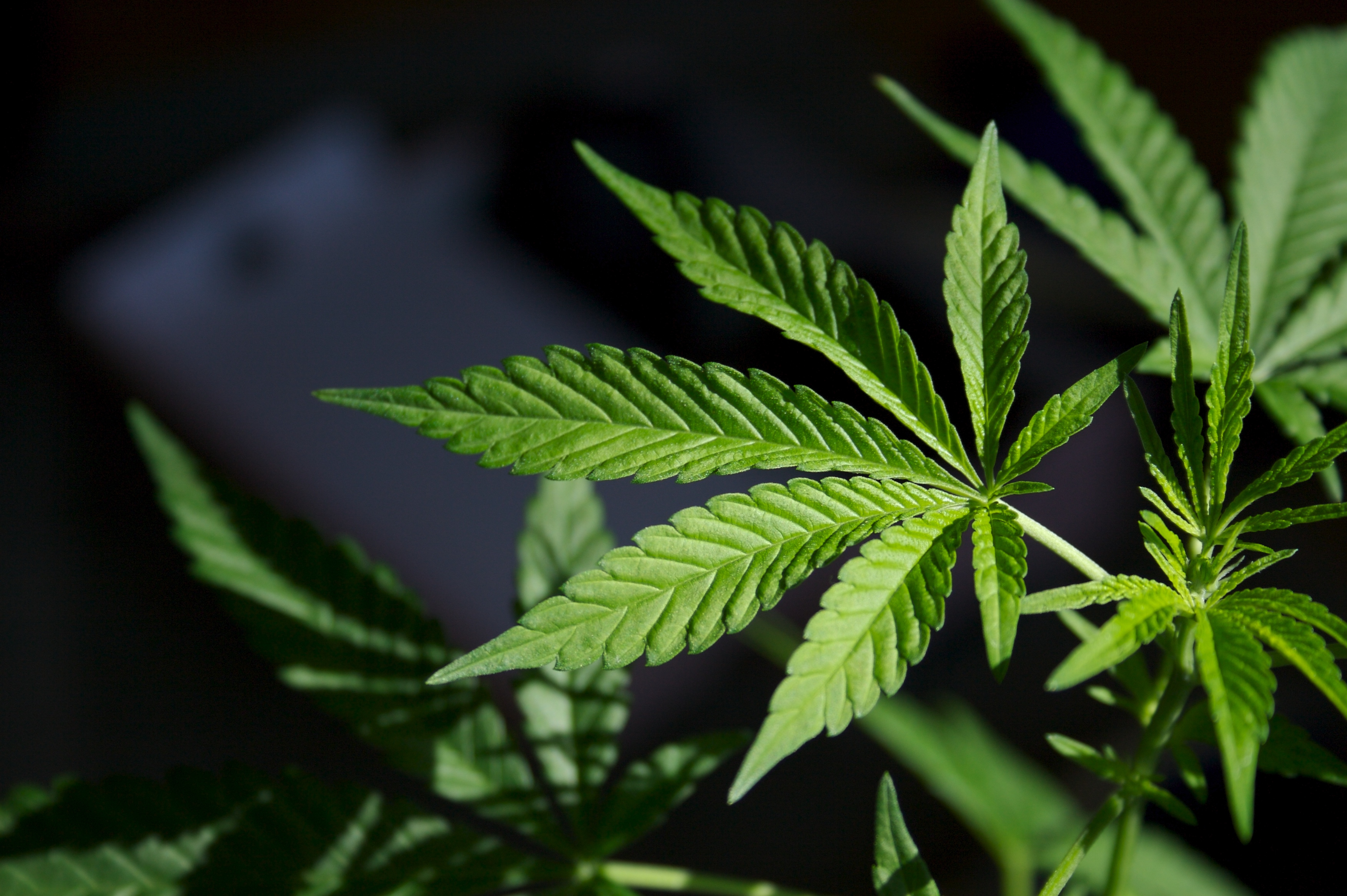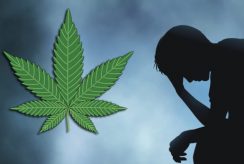What’s the definition of cannabis?
Cannabis refers to a group of 3 plants with psychoactive properties, also known as Cannabis sativa, Cannabis indica, and Cannabis ruderalis.
If the flowers of these plants are harvested and dried, you’re left with one of the most common medications on the planet. Some call it to weed, some call it marijuana, and many others call it marijuana.
As marijuana gets legal in more areas, names for it are still evolving. Nowadays, more and more people are using the expression of cannabis to refer to weed.
Some assert that it’s a more accurate name. Other people believe it is more impartial compared with terms like weed or pot, which some people today associate with its illegal usage. Additionally, the term”bud” is falling out of favor because of its racist history.

Cannabis is usually consumed for its relaxing and calming effects. In certain U.S. states, it is also prescribed to help with a range of health ailments, such as chronic pain, glaucoma, and poor appetite.
Remember that while cannabis comes from a plant and is deemed natural, it may nevertheless have powerful effects, both negative and positive.
What are the components of cannabis?
Cannabis is made up of more than 120 components, which are called cannabinoids. Experts still are not sure what every cannabinoid does, but they have a fairly good understanding of just two of these, called cannabidiol (CBD) and tetrahydrocannabinol (THC).
Each has its own effects and uses:
- CBD. This really is a psychoactive cannabinoid, yet it is non-intoxicating and non-euphoric, meaning it won’t get you”high” It is often utilized to reduce pain and inflammation. It may also facilitate nausea, nausea, seizures, and nervousness. (Epidiolex is your first and only prescription medicine to comprise CBD and be approved by the Food and Drug Administration or FDA. This medication is used to treat certain types of epilepsy.) Researchers are still trying to fully understand the effectiveness of CBD’s medical use.
- THC. This is the primary psychoactive compound in cannabis. THC is responsible for the “high” that many people associate with cannabis.
Read more about the differences between THC and CBD.
You can find cannabis products that contain only CBD, THC, or even a combo of both. But the dried flower that most men and women associate with cannabis contains both cannabinoids, although specific strains may have more of one than another. Hemp has large amounts of CBD, but no THC.
What are the short-term effects of cannabis?
Using cannabis may have a range of short-term effects. Some are valuable, while others are somewhat more concerning.
A number of the more desired short-term consequences include:
- Relaxation
- Giddiness
- Experiencing things about you, such as sights and sounds, more intensely
- Increased desire
- Altered perception of events and time
- Attention and creativity
These effects are often minimal in products containing very high levels of CBD, compared with THC.
But cannabis can also have some problematic side effects for specific individuals. Side effects may include:
- Coordination problems
- Delayed response time
- Nausea
- Lethargy
- Anxiety
- Improved heart rate
- Decreased blood pressure
- Paranoia
Again, these impacts are somewhat less common in products comprising more CBD than THC.
The short term effects of cannabis can also vary according to your method of consumption. If you smoke cannabis, you feel the effects within seconds. But in the event that you orally ingest cannabis, such as in a capsule or meals, it can be a few hours before you feel anything.
In addition, cannabis frequently comes in different strains. These are loose types used to indicate the effects of various cannabis products. Here’s a primer on several shared strains and their potential effects.
Which are the long-term consequences of cannabis?
Experts are still trying to completely understand the long-term effects of using cannabis. There is lots of conflicting research on this topic, and many of the existing studies have only looked at animals.
Many more large, long-term studies in humans are needed to fully comprehend the lasting effects of cannabis use.
Brain growth
Research from 2014 highlights the potential impact of cannabis on brain development when utilized during adolescence.
According to the research, people who begin using cannabis in their teens tend to have more memory and learning difficulties than those who don’t use cannabis in their teens. But it’s unclear if those effects are permanent.
People who begin using cannabis in their teens may also have a greater risk for mental health problems later in life, including schizophrenia. But experts still are not sure how strong this link is.
Dependence
Some individuals may also become determined by cannabis. Others even experience withdrawal symptoms if not using cannabis, such as irritability, low appetite, and mood swings.
According to the National Institute on Drug Abuse, individuals who start using cannabis before age 18 are four to seven times more likely to develop a more cannabis use disease than those who begin using it later in life.
Respiratory problems
Smoking cannabis carries similar dangers to smoking tobacco. This may be due to inflammation and irritation of the airways.
Cannabis has been associated with hepatitis, and it may be a risk factor for chronic obstructive pulmonary disease (COPD). However, recent studies have shown little evidence of a link between cannabis use and lung cancer. More study is necessary for this area.
Is cannabis lawful?
Cannabis is illegal in several areas, but an increasing number of areas are starting to legalize it for both medical and recreational applications. In the USA, as an example, several states have legalized recreational and medical cannabis.
Others have legalized it for medical use. But cannabis remains illegal under federal law in the United States. The study supporting CBD use for inflammation and pain is promising. The usage of CBD-based prescription medication Epidiolex to reduce some kinds of seizures is well established.
The legislation around cannabis also varies from country to country. Some allow the use of products containing just CBD, but others consider any sort of cannabis use a severe offense.
If you’re curious about trying cannabis, make certain that you read up on the laws in your area first.
The Most Important Thing
Cannabis is a term that is being increasingly used to refer to marijuana or marijuana. Whatever you call it, cannabis has a range of short- and long-term effects, which is both harmful and beneficial.
If you are curious about trying cannabis, begin by checking whether it is legal in your area.
When it’s, consider talking to a physician or pharmacist ahead to make sure it won’t interact with any drugs or supplements you choose. A doctor can also help you weigh the possible benefits and risks to your health.





